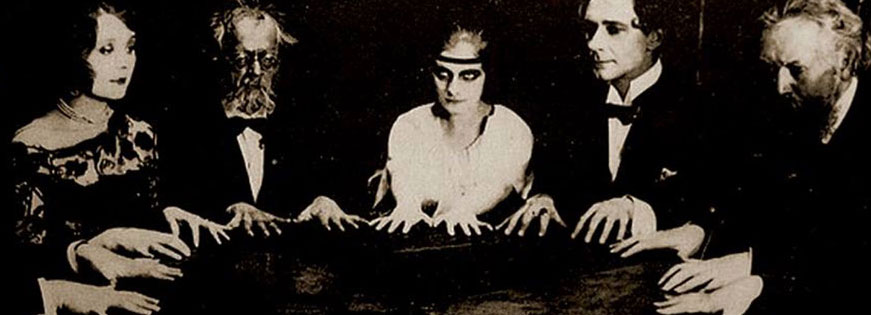Making music is, in one sense at least, really hard. I mean that it’s elusive. You can play an instrument by yourself for thousands of hours, as I have, often in a not very productive way, and you can play with others for hundreds of hours, and get hardly any music out of it. Even if you know the chords and you know the lyrics and you know the song form and the audience is clapping and you have the technique, usually something hasn’t quite happened. What isn’t happening all that time? What is music that is so elusive?
There’s a trend now in discussions of “practice”, both in the strictly musical sense, like how to make your half-hour piano practice more efficient, what techniques to practice. But also in the more general and maybe more Eastern sense of “your practice”, the set of activities you do routinely and with intention to improve your skills and your self. (And by the way I think the conflation of these two different senses of “practice” is really working for people who sell books about these topics.) In both these senses I myself am deficient, and am most often noodling mindlessly on my guitar or not being intentional enough about my actions in any sphere, let alone the musical one.
On those rare moments when music happens, however, you really feel it. You can be playing something solo or, even better, suddenly find that you and the rest of the band are making something, holy shit!, making music! It’s there!
The way I think of it is like a seance. Playing summons music, though not often. The deepest feeling I have about music is that it’s its own thing, a rare presence in the room, a creation that sits apart from its participants. And isn’t this what art is, after all, what creation is: You made it and now it’s there.
As at a seance (I imagine), you can be “doing” the seance and not quite feeling it. Maybe the table shakes a little bit, maybe someone thinks the air has gotten colder in the corner. But then: the seance works and there is a real manifestation. And everybody knows it. A being has been summoned into this room with us. This is music. We are a string quartet—two violins, a viola, and a cello—but there are five…entities in this room.
Time is one for the main mediums (ha) of this summoning, too: The music has its tempo, and when it’s there you don’t feel like you’re having to keep time for the music. You just feel the music’s time, just as you feel the harmonies. They are there. Present. When the bridge of the jazz standard comes you all drop into it, relaxed in spacious time divisions and fooling with them because the music is with you, non-contingent, not fragile, it’s keeping things going, at the tempo, in that key.
And to summon music, you must of course listen. Even as you are playing. To listen and perform at the same time, even just by yourself, is rare! As rare as music is.

This is just a set of notes, really, so I’ll continue here with a couple more: When you do this summoning of music, a corollary is that you can then *relax! Relax and improvise? Relax and just hear and know the melody, hear what comes next.
The music is there, corporeal, easier to interact with. You had to do a bunch of summoning and now you can just *communicate with the music.